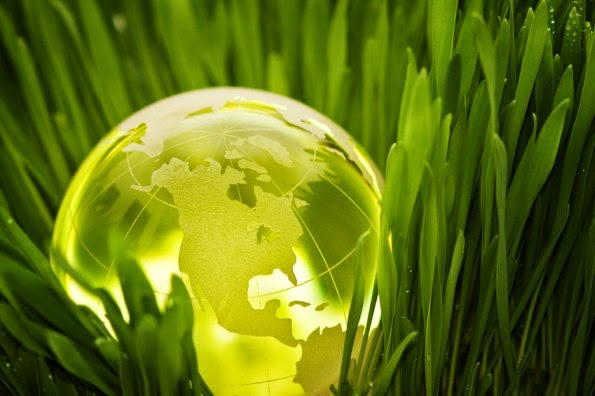
A coal mine in Germany will never produce coal again. Instead it is being converted into a pumped-storage hydroelectric reservoir. This means that it will be used to store excess energy from green sources like solar and wind.

The Fraunhofer Institute is working on a seabed-based pumped-storage structure. In an underwater “energy park,” spheres could be connected near an offshore wind farm to create a system that would be able to add extra reliability to a renewable-heavy grid.

New tests verify that Germany's Wendelstein 7-X fusion energy device is on track to safely suspend plasma in magnetic fields.

Germany's coalition government has come together on an action plan to reduce greenhouse gas emissions by 80 to 95 percent by the year 2050.

In Germany, the world’s biggest passive housing complex is currently under construction. The solar-powered Heidelberg Village will comprise 162 units and a host of sustainable features, including rooftop and vertical gardens.

Gogoro is on a mission to bring clean, green transportation to cities around the world. Today Gogoro is bringing its innovative, stylish scooters to Europe for the first time – by launching a brand new vehicle sharing service in Berlin.

Siemens and Spain's Gamesa have agreed to combine their wind-turbine manufacturing businesses, creating a company with the biggest installed capacity worldwide in a move that speeds consolidation of the industry.

This past weekend Germany generated so much electricity from renewable sources like solar and wind that suppliers effectively paid users to consume energy.

Germany appears poised to implement significant incentives to encourage the purchase of electric cars. This week, the German government announced an incentive program that will include rebates for both electric cars and plug-in hybrids.